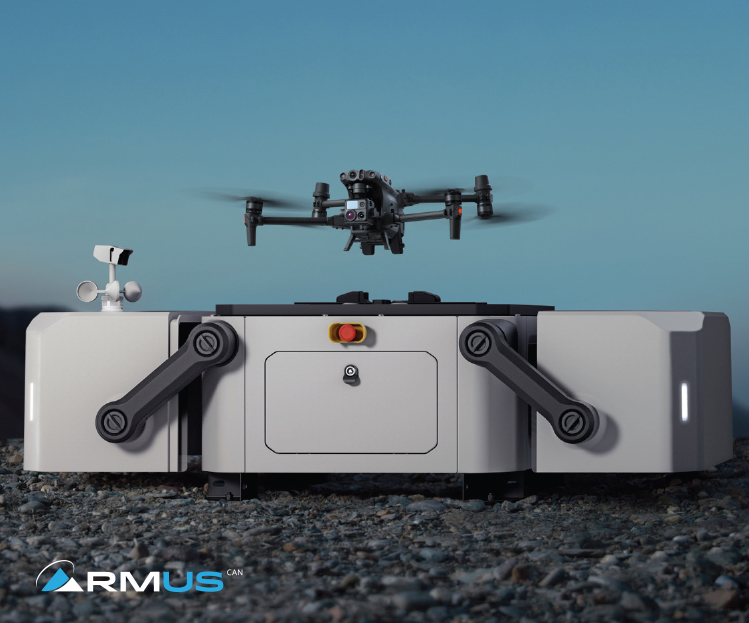
As technology continues to advance at a rapid pace, the development of autonomous robots has become increasingly prominent in many industries. Autonomous robots are designed to operate independently, without human intervention, and can be used for a wide range of applications, from manufacturing to healthcare and even military operations. However, as the use of autonomous robots becomes more widespread, it raises important ethical questions about the intersection of technology and society.
One of the key ethical issues surrounding the use of autonomous robots is the potential impact on employment. As more jobs become automated, there is concern that large numbers of people may lose their livelihoods, particularly in industries such as manufacturing and transportation. It is important for society to consider how to provide training and support for workers who are displaced by automation.
Another important ethical consideration is the potential for bias in autonomous robots. Autonomous robots rely on algorithms and programming to make decisions, and if these algorithms are biased or flawed, it can have serious consequences. For example, an autonomous robot used in healthcare may make decisions based on biased data, resulting in unequal treatment for different groups of patients. It is essential for developers to carefully consider the potential for bias and take steps to minimize it.
Another important ethical issue is the potential for autonomous robots to be used for unethical purposes. For example, autonomous robots could be used in military operations, raising concerns about the potential for harm to civilians. It is important for society to consider the ethical implications of the use of autonomous robots in different contexts and to establish guidelines and regulations to ensure that they are used responsibly.
There are also concerns about privacy and security with the use of autonomous robots. Autonomous inspection robots, for example, may be used in sensitive areas where privacy is a concern. It is important for developers to ensure that the data collected by these robots is protected and used in a responsible manner.
In addition to these ethical issues, there are also legal and regulatory considerations. As the use of autonomous robots becomes more widespread, there will be a need for laws and regulations to govern their use. This includes issues such as liability for accidents and injuries, as well as guidelines for data privacy and security.
In order to address these ethical considerations, it is important for developers and policymakers to work together to establish clear guidelines and regulations for the use of autonomous robots. This includes working with experts in ethics, law, and other relevant fields to identify potential risks and develop solutions to mitigate them.
The development of autonomous robots has the potential to revolutionize many industries and improve our lives in countless ways. However, it is important for society to carefully consider the ethical implications of this technology and to ensure that it is used in a responsible and ethical manner. By doing so, we can harness the full potential of autonomous robots while also protecting the rights and well-being of individuals and society as a whole.